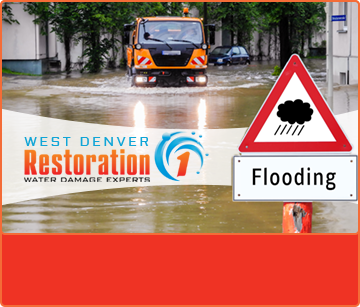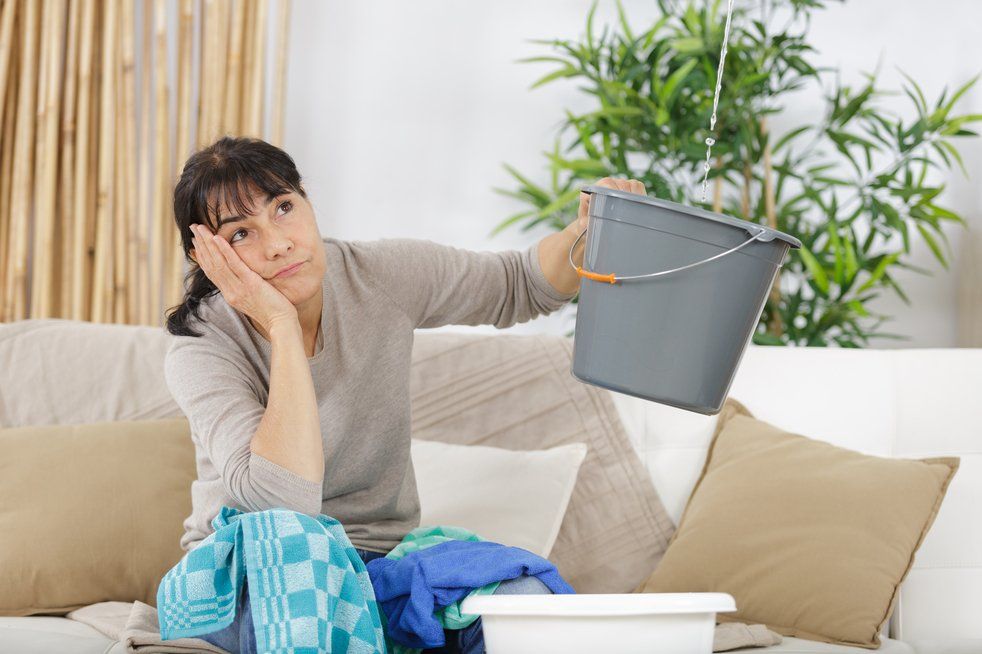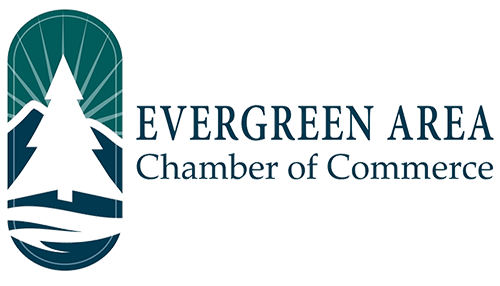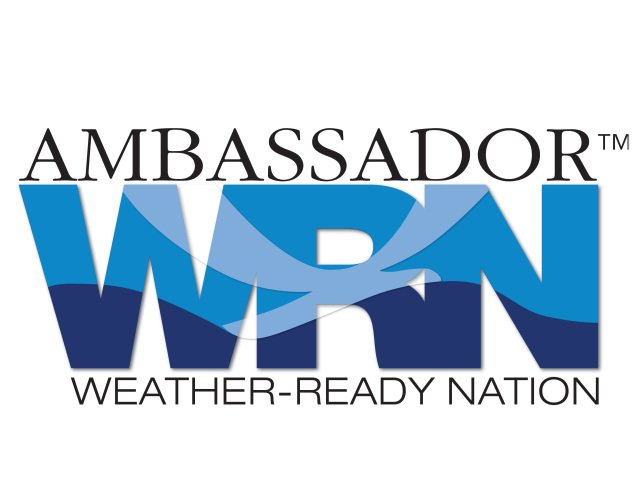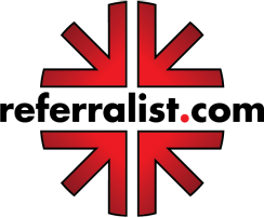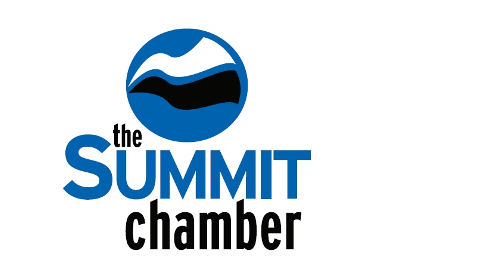Blog - Restoration 1 of West Denver
CONTACT US TODAY
The Mitigation Process and Preventing Further Damage
- By Micah Jefferson
- •
- 05 May, 2021
- •
Reducing the pain for our clients.
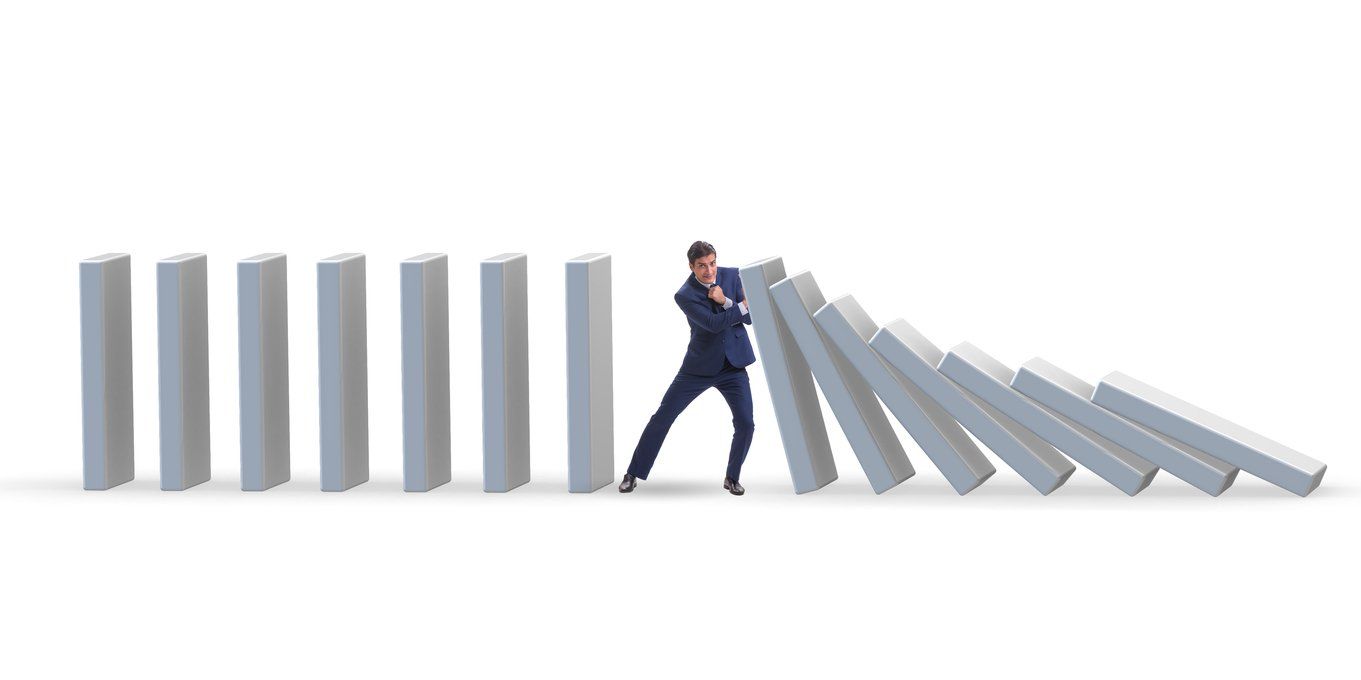
What is mitigation? The Oxford Dictionary defines mitigation as "the action of reducing the severity, seriousness, or painfulness of something.” This really is what we live by – helping to reduce the painful experience our clients are going through. Our specialty is mitigation. This is especially true when it comes to water damage and other types of emergency situations that occur within your home or commercial property.
Preventing further damage. It’s vitally important to both owners and insurance companies that your restoration company takes the necessary steps to prevent additional damage. Quick action and immediate service are paramount in any disaster situation. Minimizing damage at the time of the loss and deploying equipment quickly can save the owner thousands on the overall job cost.
Using the right equipment. Extracting the moisture and drying out damaged areas are critical after a water loss. Both actions prevent further damage such as mold – which is not only hazardous but damaging to your health. The equipment we use and the experience we have mitigating disasters are two key reasons why you should choose a professional company specializing in water damage mitigation after a water loss.
Quick action reaps results. Choosing a company like Restoration 1 allows you to reduce the severity of any damaging situation. Professional technicians will walk you through the mitigation process step by step. And, we will work with your insurance company when necessary to make the restoration process as seamless as possible.
Help with the claims process. Very often the entire claims process is a mystery to most consumers. Restoration 1 of West Denver can help you navigate the process and make it as orderly as possible. With our help, you can avoid frustrating conversations and hours on the phone.
There are some common misconceptions about restoration procedures. Here are some of the misconceptions we encounter and the truth about the situation described.
“In the case of a fire, there’s no rush to process the smoke cleanup; the damage is already done.”
Secondary damage can result from an incident. When it happens, it’s often due to a failure on someone’s part to act quickly. Further damage can also result because no one took the right actions either to mitigate or restore damage caused by soot, smoke, water, sewage and mold. Mitigation will stop further damage and reduce the loss. Restoration repairs or attempts to put the damaged items back to a pre-loss condition are usually less critical, but important, and must be done quickly.
“It is less expensive to replace rather than to salvage.”
Cleaning fabrics and surfaces can produce very satisfactory results – and cleaning is cost effective. When smoke is not cleaned properly, secondary damage can result and replacement may be the only option. In truth, you can spend hundreds of dollars cleaning or thousands of dollars replacing items. Each situation calls for a particular answer.
“If you get your carpets cleaned, they will get dirty faster.”
In many cases restoration professionals are able to effectively clean and remove contaminates as a result of a loss. The old concept about carpets getting dirty faster is not true anymore. At one time, cleaning carpets meant using ineffective shampooing techniques that left soap residue in the carpet. This residue attracted soil. Today, a professional restoration company will use a process that rinses the carpet to prevent the soap residue. Whether restoration will be effective should be left to the professionals.
“After a flood, once the carpet is dry, the noisy equipment being used can be removed.”
The greatest failure in any water damage drying scenario would be in removing the drying equipment before everything is dry to the professional standard expected. A professional restoration company uses various testing and measuring equipment to determine that the moisture content has been returned to normal standards. Ineffective drying of a structure can result in an expensive mold claim. Feeling a carpet or cushion to determine dryness is not a reliable method. Instead, a professional company uses meters and sensors to measure the moisture content and determine whether the carpet, furniture or structure is indeed dry.
“Once a building has a fire, it will always smell like smoke.”
When the odor remains on site or items don’t restore properly, the problem is usually failed restoration procedures. The residue from smoked-damaged property is acidic in nature. It is far more damaging to everything it comes in contact with as compared to normal dirt or dust. Prompt cleaning action can reduce losses if this acid is removed or neutralized. Restoration for smoke odor must be thorough and is more complicated than turning on any one machine to have satisfactory results. Guaranteed smoke odor removal means all contaminated areas need to be cleaned, deodorized, and possibly sealed (where applicable) as well as neutralization of all odor molecules whether airborne or absorbed.
Professional restoration firms are specialists that have undergone training – and continue to train each year. When an emergency property loss arises, contact Restoration 1 of West Denver for immediate mitigation and restoration services.
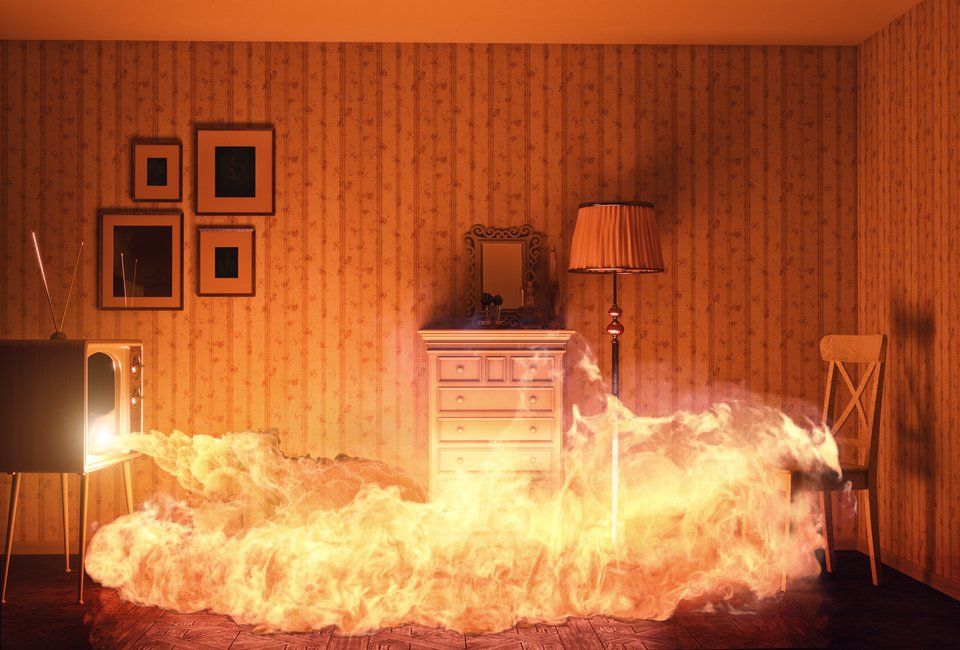
It’s that time of the year again – the weather turns cooler, especially at night, and we turn on our furnaces, add a space heater to the room, introduce extension cords and light our fireplaces. The truth is, there are numerous dangers in both the home and office settings that are initiated by cooler weather. What may seem innocent, could turn disastrous. Take a few minutes to act on these simple things you can do to avoid disasters – and rest more easily.
Problems With Furnaces. It’s been a while since the furnace has been operating consistently. Take the time to go through this checklist.
- Replace or clean your furnace filter. A new filter makes your furnace operate more efficiently, so replacing them even more often than recommended can’t hurt, and may save you money in the long run.
- Take some time to physically inspect your furnace. While furnaces are usually stored in out of the way places – closets, basements, or attics – these are also places where homeowners and business owners might store flammable items. So look carefully and make sure any paints or paint thinners, gasolines or even rags are not near your furnace.
- Schedule your Fall maintenance check. Your furnace should be cleaned and inspected every year. This is especially true if you have an older furnace. While newer furnaces are sometimes equipped with automatic shut off features if a problem is detected, your older furnace requires a physical inspection.
Space Heaters. Many families turn to space heaters as supplemental sources of heat. A few things that you should keep in mind:
- Make sure the outlet you are using to power the space heater is equipped to handle the appliance.
- Be sure to place the heater at least 3 feet from furniture, draperies and bedding.
- If you have pets or small children, do not leave a room without turning the heater off.
Smoke Detectors and Carbon Monoxide Monitors. We put both of these in the same category as they should be treated equally. Place carbon monoxide monitors and smoke detectors on every floor of your home or office. CO2 detectors are inexpensive and no installation is necessary. If there is a CO2 leak, which you will not smell since it is odorless, the detector will sound an alarm. Every furnace produces CO2, but a properly functioning furnace will safely exhaust it from your home. One quick reminder, some of the newer smoke alarms also function as carbon monoxide detectors, so you might want to find the paperwork on your alarms before purchasing separate carbon monoxide detectors.
Test your Fire and Smoke Detectors. The reminder comes to us every year around the time we are changing from Daylight Savings Time. But often, people forget. So consider this your second reminder.
Cooking Fires. Almost 25% of home fires are caused by cooking fires. It’s easy to turn on a burner and then get distracted. Be sure to keep any towels or drapes away from hot burners. Never leave something on the stove – the grease in an unattended frying pan can catch on fire easily. Turning the heat too high when you start to cook is also dangerous. You may be in a hurry, but smoke or grease can accumulate fast when you are frying or sauteing.
Fireplace Safety. If you have a log-burning fireplace, be sure to have the chimney swept every year. Soot and debris can collect in the chimney and become a fire hazard. Remind everyone to keep blankets, curtains, rugs and toys away from the fire. And never leave children or pets unattended around a fireplace.
Electrical Fires. Overloaded extension cords can be the biggest problem. Bad connections and faulty wiring can trigger a fire that can be lethal. Ten percent of home firms result from electrical equipment failures.
An Abundance Of Paper . Needless to say, paper is a huge contributor to both home and office fires. How you store your paperwork makes a difference. Be careful not to overload closets and garage spaces. And if you are around people who tend to keep paper in large quantities, consider hiring an expert who can help with decluttering.
The U.S. Fire Administration posts seasonal tips on preventing fires in home and offices. Reference their website occasionally to make sure you, your family and co-workers are safe.
One More Tip. Home Automation is an amazing industry right now. If you’ve had an alarm installed recently, you know how you can set controls using your smart phone. The same is true for protecting your safety. You can now get devices or phone apps that synch with your lights and/or locks to turn them on or off, call the fire department or unlock your front door for easy escape. Call your local Home Automation expert for more information.
Recent Blog Posts

It’s that time of the year again – the weather turns cooler, especially at night, and we turn on our furnaces, add a space heater to the room, introduce extension cords and light our fireplaces. The truth is, there are numerous dangers in both the home and office settings that are initiated by cooler weather. What may seem innocent, could turn disastrous. Take a few minutes to act on these simple things you can do to avoid disasters – and rest more easily.
Problems With Furnaces. It’s been a while since the furnace has been operating consistently. Take the time to go through this checklist.
- Replace or clean your furnace filter. A new filter makes your furnace operate more efficiently, so replacing them even more often than recommended can’t hurt, and may save you money in the long run.
- Take some time to physically inspect your furnace. While furnaces are usually stored in out of the way places – closets, basements, or attics – these are also places where homeowners and business owners might store flammable items. So look carefully and make sure any paints or paint thinners, gasolines or even rags are not near your furnace.
- Schedule your Fall maintenance check. Your furnace should be cleaned and inspected every year. This is especially true if you have an older furnace. While newer furnaces are sometimes equipped with automatic shut off features if a problem is detected, your older furnace requires a physical inspection.
Space Heaters. Many families turn to space heaters as supplemental sources of heat. A few things that you should keep in mind:
- Make sure the outlet you are using to power the space heater is equipped to handle the appliance.
- Be sure to place the heater at least 3 feet from furniture, draperies and bedding.
- If you have pets or small children, do not leave a room without turning the heater off.
Smoke Detectors and Carbon Monoxide Monitors. We put both of these in the same category as they should be treated equally. Place carbon monoxide monitors and smoke detectors on every floor of your home or office. CO2 detectors are inexpensive and no installation is necessary. If there is a CO2 leak, which you will not smell since it is odorless, the detector will sound an alarm. Every furnace produces CO2, but a properly functioning furnace will safely exhaust it from your home. One quick reminder, some of the newer smoke alarms also function as carbon monoxide detectors, so you might want to find the paperwork on your alarms before purchasing separate carbon monoxide detectors.
Test your Fire and Smoke Detectors. The reminder comes to us every year around the time we are changing from Daylight Savings Time. But often, people forget. So consider this your second reminder.
Cooking Fires. Almost 25% of home fires are caused by cooking fires. It’s easy to turn on a burner and then get distracted. Be sure to keep any towels or drapes away from hot burners. Never leave something on the stove – the grease in an unattended frying pan can catch on fire easily. Turning the heat too high when you start to cook is also dangerous. You may be in a hurry, but smoke or grease can accumulate fast when you are frying or sauteing.
Fireplace Safety. If you have a log-burning fireplace, be sure to have the chimney swept every year. Soot and debris can collect in the chimney and become a fire hazard. Remind everyone to keep blankets, curtains, rugs and toys away from the fire. And never leave children or pets unattended around a fireplace.
Electrical Fires. Overloaded extension cords can be the biggest problem. Bad connections and faulty wiring can trigger a fire that can be lethal. Ten percent of home firms result from electrical equipment failures.
An Abundance Of Paper . Needless to say, paper is a huge contributor to both home and office fires. How you store your paperwork makes a difference. Be careful not to overload closets and garage spaces. And if you are around people who tend to keep paper in large quantities, consider hiring an expert who can help with decluttering.
The U.S. Fire Administration posts seasonal tips on preventing fires in home and offices. Reference their website occasionally to make sure you, your family and co-workers are safe.
One More Tip. Home Automation is an amazing industry right now. If you’ve had an alarm installed recently, you know how you can set controls using your smart phone. The same is true for protecting your safety. You can now get devices or phone apps that synch with your lights and/or locks to turn them on or off, call the fire department or unlock your front door for easy escape. Call your local Home Automation expert for more information.
Property Restoration Experts in Golden, CO - Arvada, CO - Lakewood, CO & Littleton, CO - Evergreen, CO and the Surrounding Areas
We’re your Friend in any Storm.
Property Restoration Experts in Denver, CO - Golden, CO - Arvada, CO - Lakewood, CO & Littleton, CO - Evergreen, CO - Summit County and the Surrounding Areas
Restoration 1 of West Denver © All rights reserved.
Sitemap


